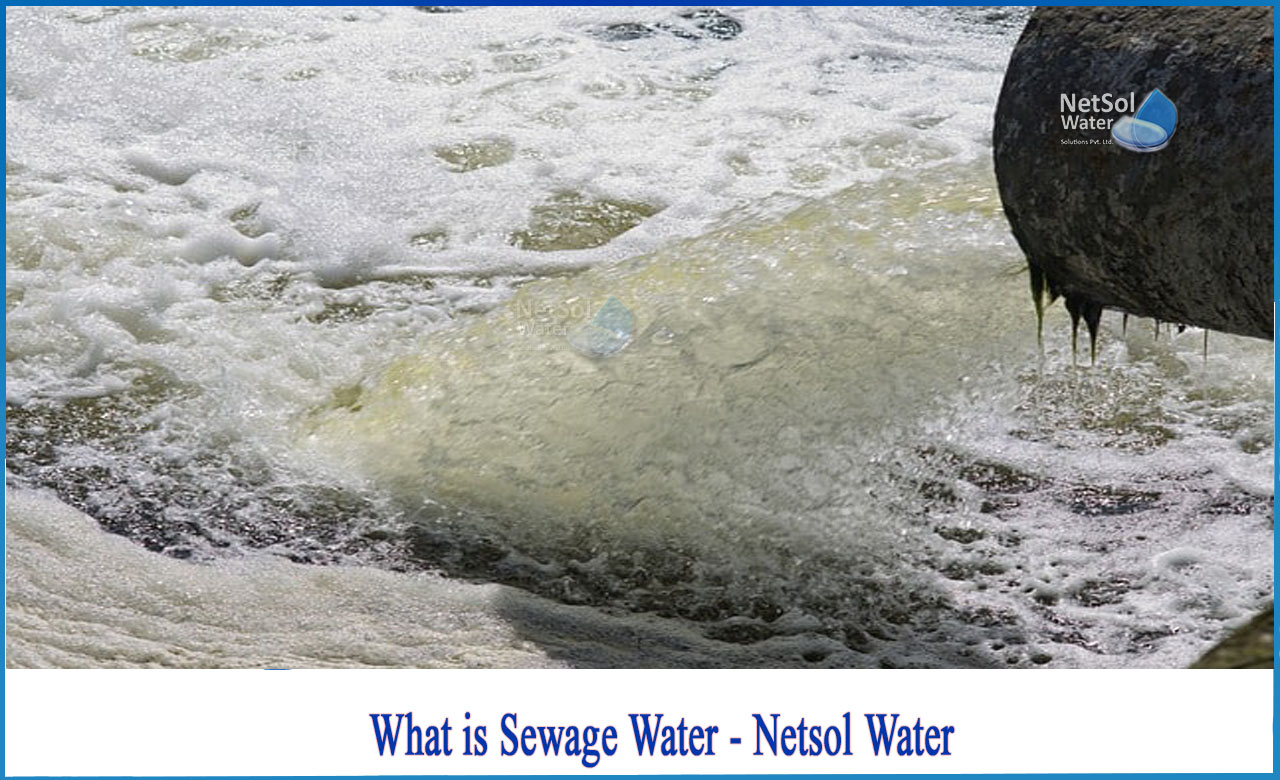What is Sewage Water?
Sewage water is the waste from a community's residents. Wastewater is the water that is expelled from homes after being used for various reasons such as dishwashing, laundry, and toilet flushing. The used water is transported from the houses via pipes installed during the plumbing process. The sewage water then flows through sewers, which are either built by the house owner or are part of a municipal sewer system.Grey and black water make up the majority of sewage water.
Grey water is the waste water from bathing, washing dishes, and doing laundry. Toilet waste water is referred to as black water. Due to the chemical composition of the various waste elements, it is characterised by detritus such as paper wrappings, sanitary items, soap residues, and dirt. Furthermore, sewage water has a bad odour.
The concern is that sewage contamination has developed as a result of overcrowding in metropolitan areas without sufficient planning, posing a threat not just to the environment but also to human health. It also has an impact on biodiversity, aquatic life, and agriculture, as well as contributing to eutrophication and a rise in Biological Oxygen Demand (BOD).
Causes of Sewage Water:
1. The use of toilets as bins
The usage of toilets as bins is one of the main causes of sewage water.Toilets are recognised as facilities for addressing nature's cries. Unfortunately, thoughtless individuals have converted toilets into deposit banks for waste materials such as papers, sanitary products, and even plastics.
2. Fats used in the kitchen
There are a lot of fats and oils in kitchen goods. Kitchen sinks are also used to wash greasy dishes. These compounds quickly build up on the inside walls of pipes, forming coatings that reduce the diameter of the pipe system that drains wastewater into the sewer.
3. Wastewater overcapacity
Sewers are designed to handle a specific amount of wastewater. Nonetheless, sewers overflow for a variety of causes. For starters, there are contractors who, during the construction of a building, connect the new building's sewage system to an old residential building's sewer system.
4. Inundation
Flooding is another condition that causes waste water to accumulate. When there is a lot of rain, the water seeks a way out and seeps into sewers, mixing with the waste water, causing the sewer to overflow. If the sewer system's volume is small, it's likely that it won't be able to hold the growing volume of water, resulting in sewer pollution.
5. Improper wastewater management
It is a typical practise among businesses. Because industries use a lot of water, the majority of it is discharged as wastewater. As expected, industries should treat the same water and reintroduce it into their machinery for reuse. Most industries operating in areas with lax environmental policies, on the other hand, discharge this raw sewage into waterways without any treatment.
6. Infiltration of the roots
Tree roots have the potential to pollute wastewater. They get into sewer lines at specific spots and crack pipes or underground sewer tanks, allowing filthy waste water to pour out.
For more information, contact Netsol Water.
Netsol Water is Greater Noida-based leading water & wastewater treatment plant manufacturer. We are industry's most demanding company based on client review and work quality. We are known as best commercial RO plant manufacturers, industrial RO plant manufacturer, sewage treatment plant manufacturer, Water Softener Plant Manufacturers and effluent treatment plant manufacturers. Apart from this 24x7 customer support is our USP. Call on +91-9650608473, or write us at enquiry@netsolwater.com for any support, inquiry or product-purchase related query.



